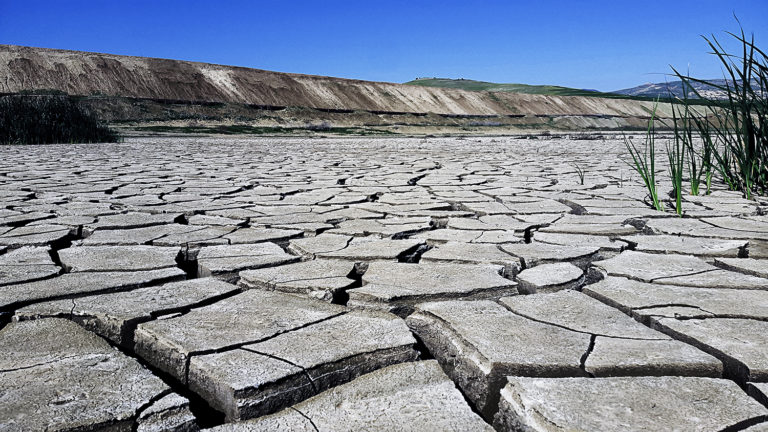
Responsibility
Climate change likely already affecting global food production
Study of potential impact of observed climate change on the yields of 10 global crops show a likely 1 percent average reduction in consumable food calories.
Intelligence
C-level seafood executives from around the world gathered at the North Atlantic Seafood Forum to discuss pressing issues facing fisheries and aquaculture.

Responsibility
Study of potential impact of observed climate change on the yields of 10 global crops show a likely 1 percent average reduction in consumable food calories.
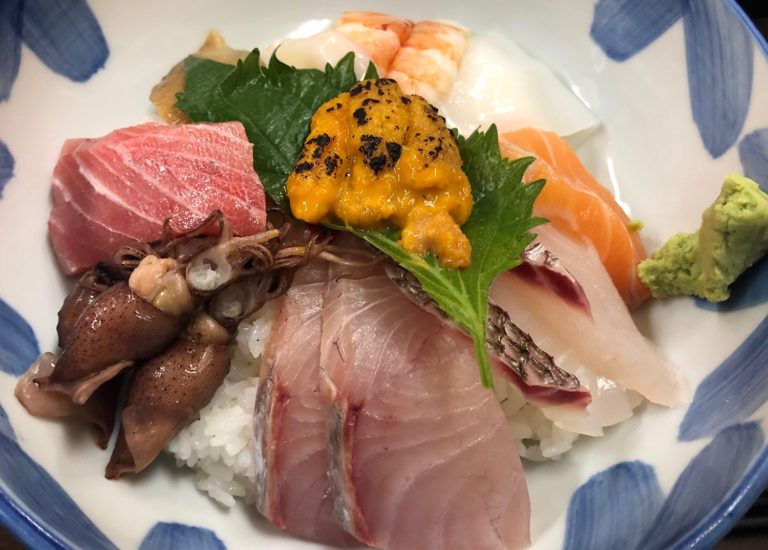
Intelligence
Climate change, shifting incomes and evolving diets complicate the search for solutions to obesity and undernutrition in vulnerable populations.
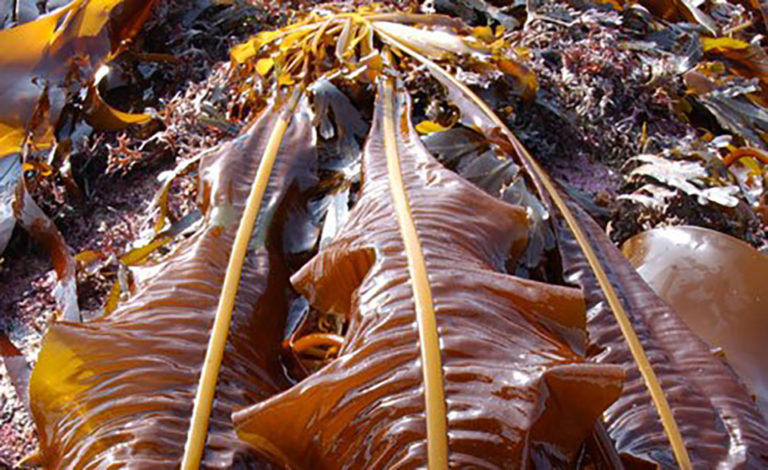
Responsibility
Faroe Islands company believes nutritious and fast-growing seaweed is a versatile raw material and the oceans’ best defense against climate change.
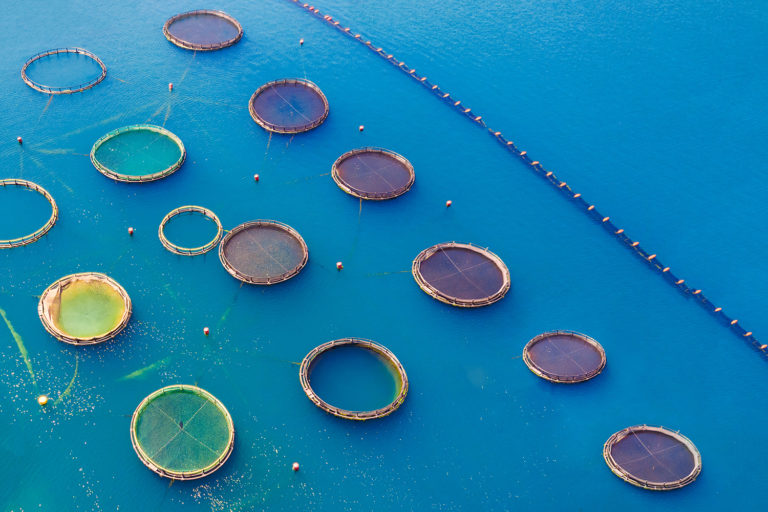
Responsibility
Researchers based in California are urging the global aquaculture industry to take proactive measures to protect global food security in the face of climate change.
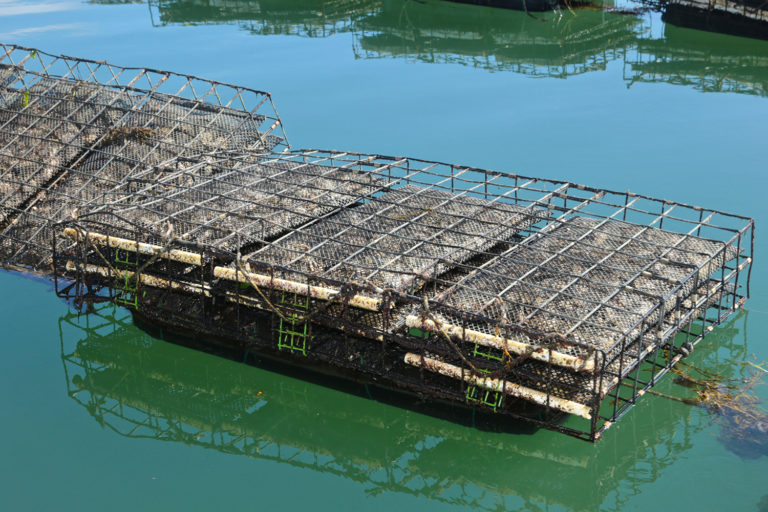
Responsibility
The Shellfish Growers Climate Coalition, an initiative of seven founding U.S. aquaculture farmers, last week launched a partnership with The Nature Conservancy (TNC) to spread public awareness about climate change and its impact on their businesses.
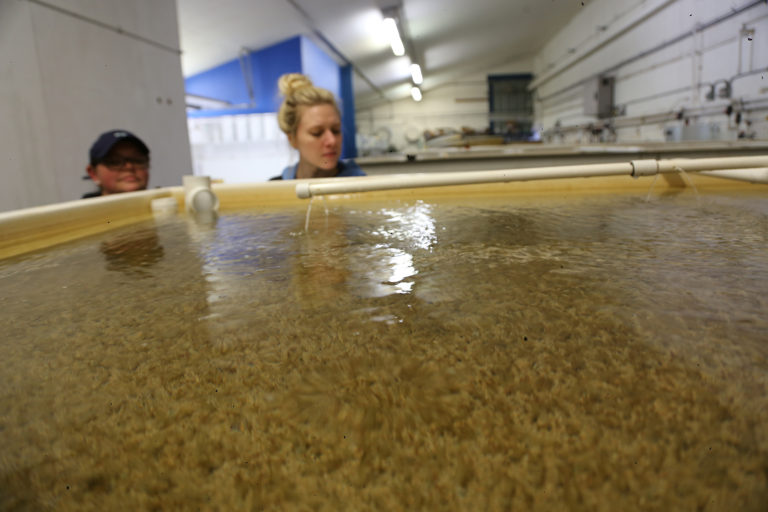
Intelligence
Oyster larvae producers say information sharing and perseverance are seeing them through a prolonged stretch of high larval-stage mortalities.
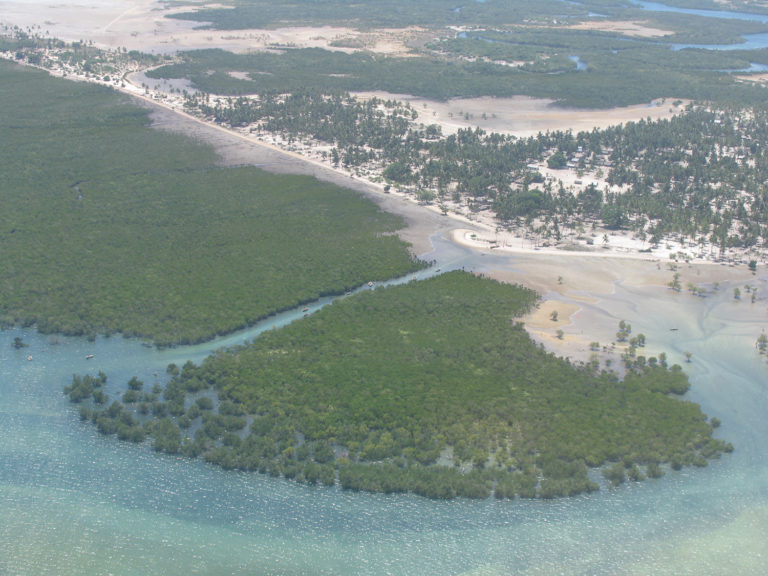
Responsibility
Aquaculture certification programs reduce the environmental impacts of aquaculture and avoid negative impacts on biodiversity, but no single indicator of biodiversity can be used as a standard in aquaculture certification.
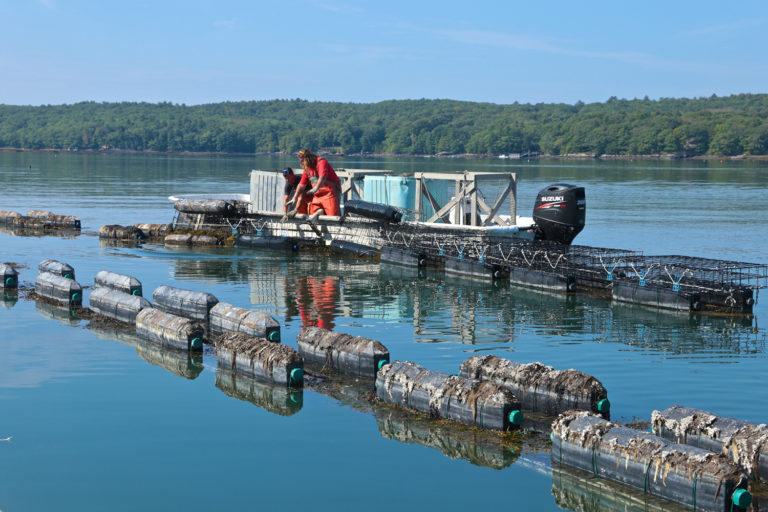
Responsibility
Bill Mook’s oyster farm is adapting to more frequent and intense rains, more acidic and warming seawater and other challenges that climate change brings.
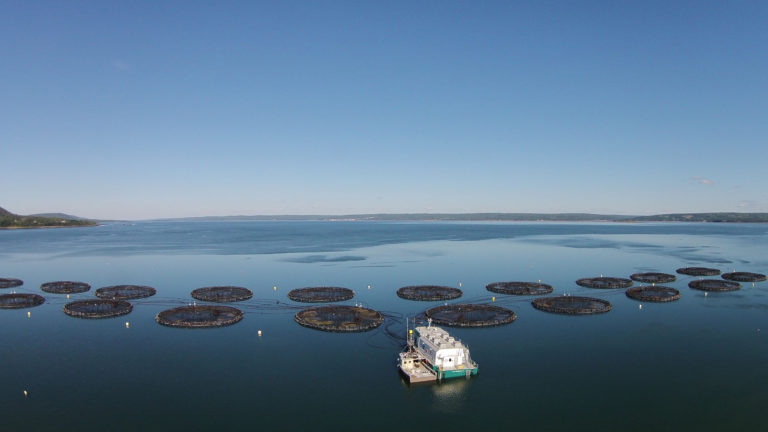
Responsibility
A five-year study in Canada aims to provide more answers about warmer waters with lower oxygen levels and a way for farmed fish producers to adapt to climate change.
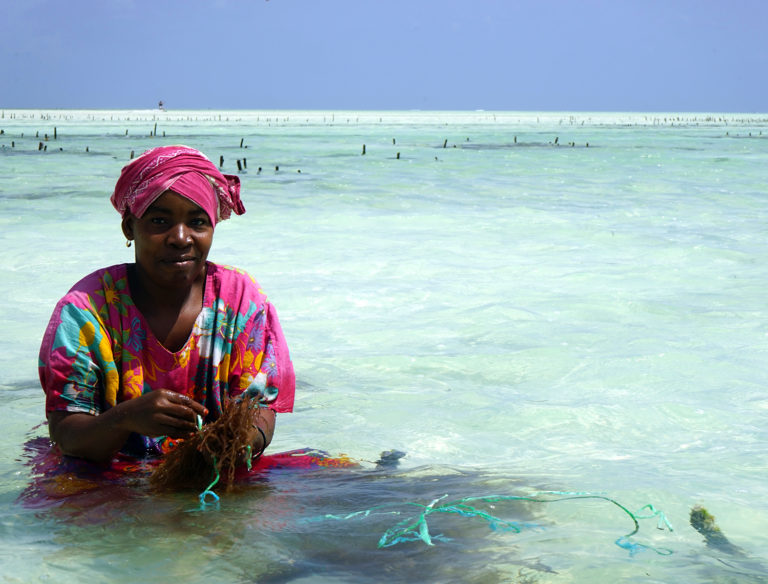
Responsibility
Combining geophysical fluid dynamics and marine biology, Brian Von Herzen’s visionary technology will soon be tested off the coast of Massachusetts before export to the Indian Ocean.
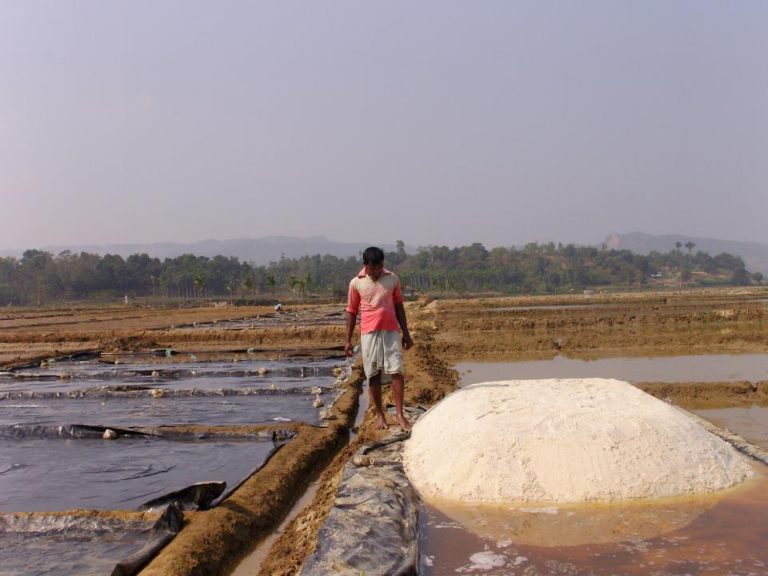
Innovation & Investment
Artemia, microscopic brine shrimp used as feed in hatcheries, are the unsung heroes of aquaculture. Experts say artemia is still inspiring innovation more than 50 years after initial commercialization. These creatures are much more than Sea-Monkeys.
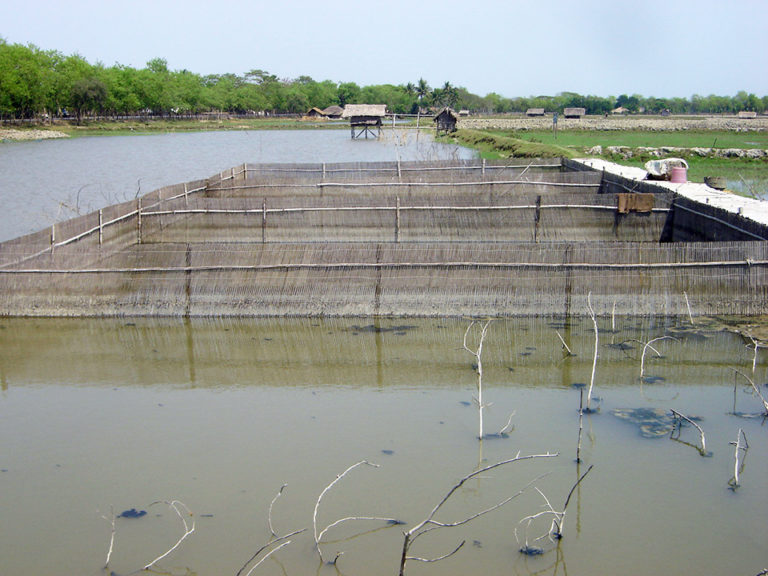
Responsibility
Shrimp culture in coastal Bangladesh is threatened by climate change variables that include flooding, cyclones, drought, salinity changes and rising sea levels. Holistic planning can help reduce the impacts.
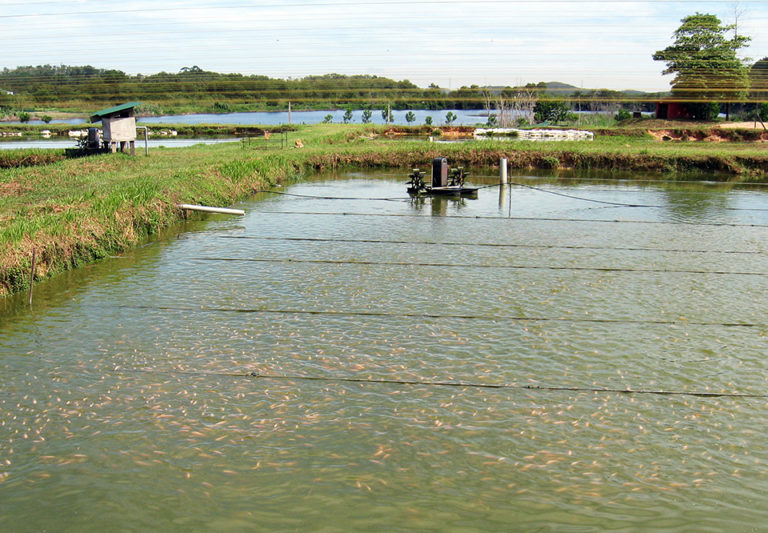
Responsibility
A carbon footprint is an estimate of the total carbon emissions resulting from the production, use and disposal of a product or service. Carbon footprints for aquaculture products result mainly from the use of manufactured feed and mechanical aeration.
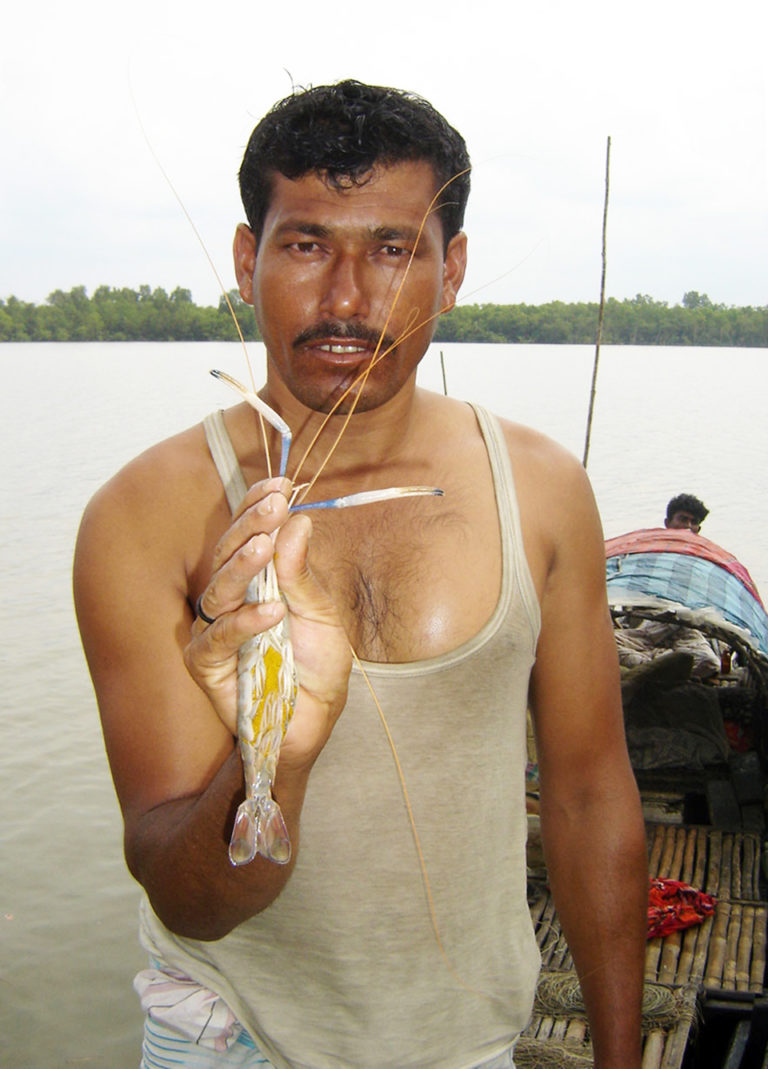
Responsibility
The inadequate supply of postlarvae is a bottleneck for prawn production in Bangladesh. A shortage of wild broodstock to supply the hatcheries is an ongoing concern.
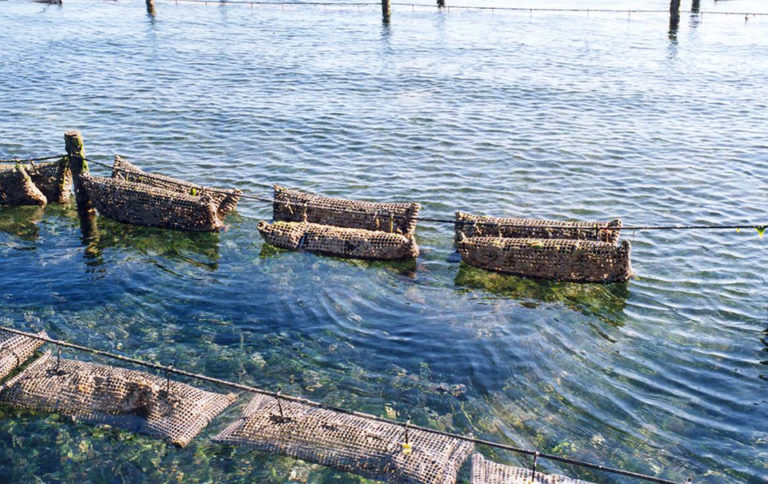
Health & Welfare
In recent decades, mass summer mortality in oyster aquaculture has become widespread, with 50 percent of crops lost in a given year. Losses are often associated with spawning, which is normally seasonal but highly temperature-dependent.